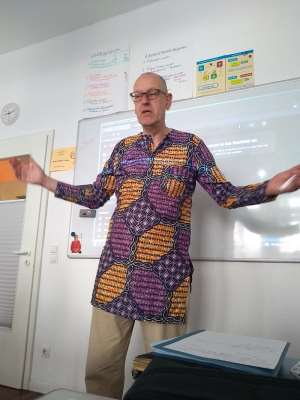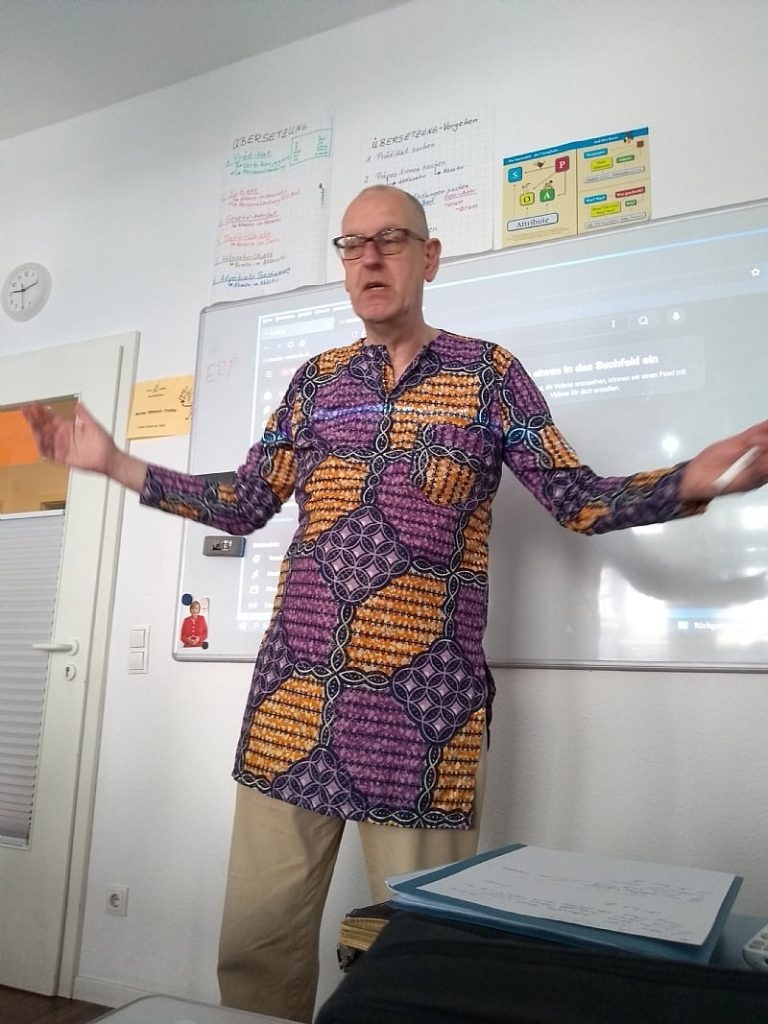
Machines, Robots, and AI are intended to make the lives of humans more comfortable and reach beyond imagination. Buses, taxis, medicine delivery, etc. make less qualified workers unemployed over time. The service industry is booming yet on average the income is not as high as in the production industry. Not all new sectors can absorb workers that are no longer needed for simple jobs. To train these unemployed workforces onto advanced levels of knowledge is a great challenge. It is often not possible, as otherwise these people after leaving school would opt for higher qualified jobs in the first place. To finance the state and pay for state expenditures in addition to funding a good working social support system, machines and their output must be income taxed. This generation-old idea finds more support in our time due to the lack of alternatives and the need for social freedom to protect the political system.
At the beginning of the industrialization in Europe starting from England Machine Breakers 1811-1817 opposed violently the idea their work in the garment industry should be done by machines. They were destroyed in violent riots, and their anger against new machines was an expression of their fears. They needed income to feed their families, crucial in the light that a social system to help them in that situation was not in place. Led by Ned Ludd English farmworkers during 1830-1833 destroyed new farm machines which made many of the simple farmworkers redundant to survive in poverty while farm owners harvested increased profits from a more productive management of their lands.
While Europe had to go the hard way and use landlines for fast communication, Africa skipped this development and copied the new invention of the white man’s mobile communication, advancing and overtaking the white man with mobile money and other concepts. AI concepts are mostly developed in the world of the white man in India, the USA, Europe, China, and Asia at large, African inventors are fast in picking up. To their advantage, they can copy what the white man has already developed to shorten their period of developing industrialization using digitalization instead. Ghana’s NDC 24/7 Economy program which is old socks in new shoes hints at this effect and outcome.
While in the world of the white man, populations are declining (Birthrate factor: Germany 1,4, Japan 1,2, South Korea 0,7) Africa has increasing populations (Birthrate factor: 5,4) and still no functioning social systems. The social systems of Africa are children, not the state or any institutions. 60 years of African independence has not seen African leaders understand the value and importance of good working social systems for a prosperous nation. Many African nations are led by old leaders or leaders too long on the throne of power, opposing any opposition that might help a nation to mature and mature constantly. Fresh new ideas move a nation closer to its glory, while keeping steadfast to old ideas sideline a nation from success.
When care is not taken and generation plans are not in place and thoroughly carried out, the current concept of African industrialization and digitalization leads to increased numbers of unemployed citizens, which the insufficient African social systems can not cope with. Social unrest and protest against new machines and technology as seen in the nineteenth century could be the consequence. The great initiatives of Captain Ibrahim Traoré in Burkina Faso and similar African nations must be guided by the conditions of the past and the foreseeable development of the future. To make citizens happy today after generations of exploitation by the white man need not overshadow the wisdom that is needed to ensure the future for all is bright. Social media platforms are a pool of good news in Burkina Faso and Rwanda yet Paul Kagame falls short of social security initiatives apart from affordable housing which in the world of the white man has been around since the end of WWII.
Across Africa, from North to South, West to East, no leader and no intellectual has come up with a plan for an African good working social system and implemented the needed strategies to achieve it. Their focus is on creating jobs for all, leaving anything else for time to come. Time surely comes as the wind in the rain, but when shaped today well productive for the nations.


